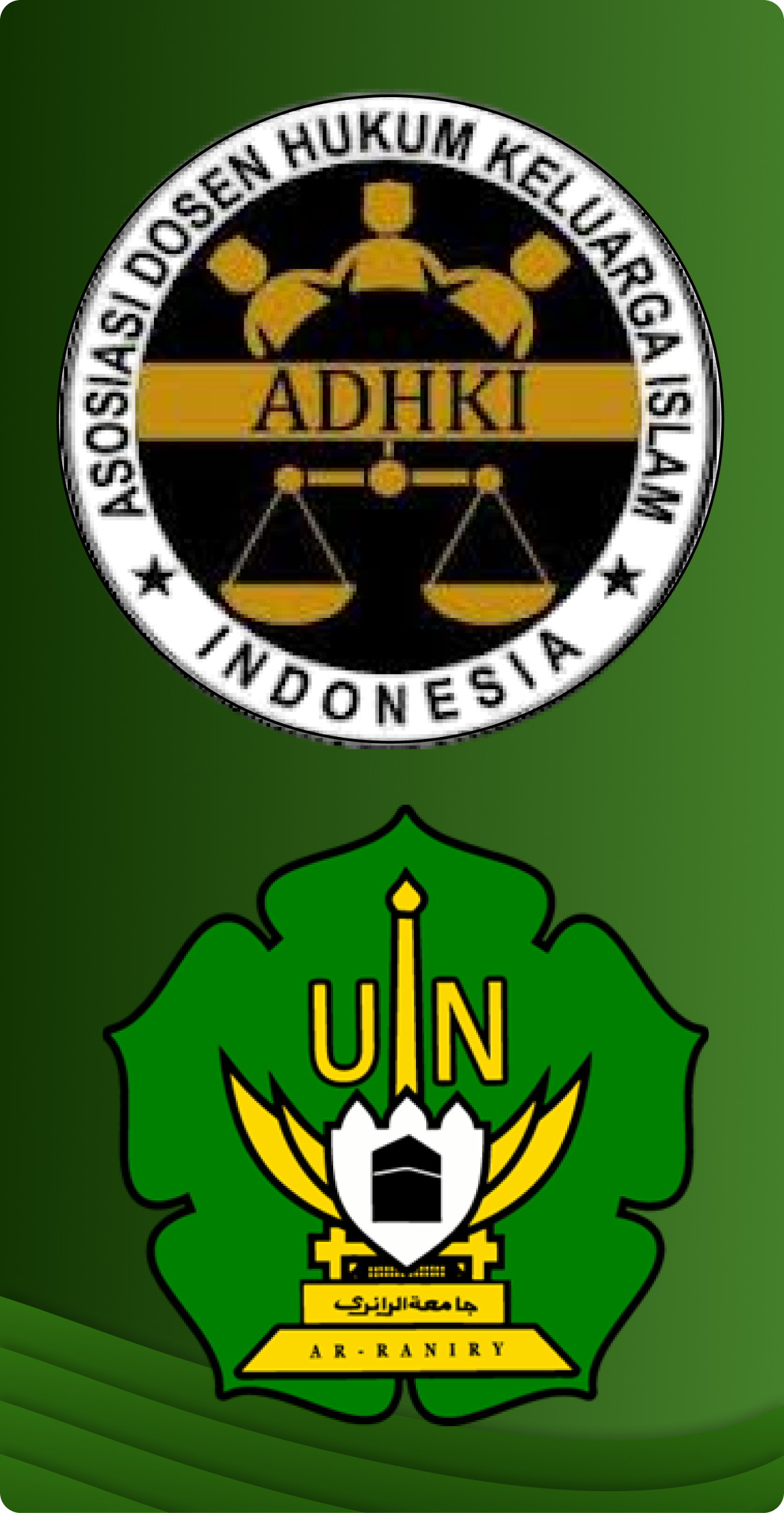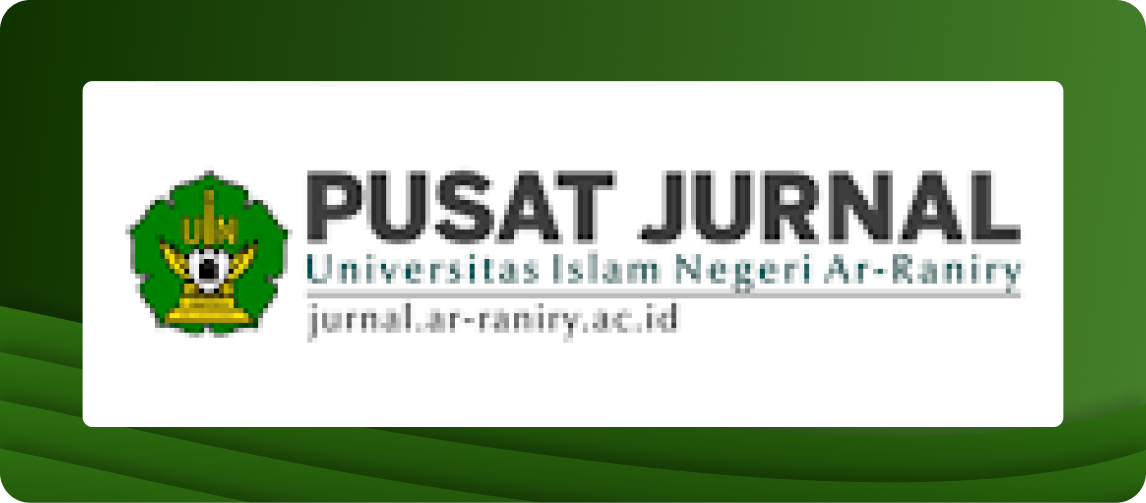Judges' Perspectives on the Determination of the Amount of Mut'ah, Childbirth Costs, and Child Sustenance in Divorce Cases (The study on the Court’s Decision Number 808/Pdt.G/2021/Pa. Kab. Kdr)
DOI:
https://doi.org/10.22373/ujhk.v6i1.15537Keywords:
Mut’ah, Maternity Costs, Child Care Subsistence, ‘UrfAbstract
The case 808/Pdt.G/2021/PA.Kab.Kdr is a petition for divorce. The judge will order the Petitioner to pay mut'ah, maternity costs, and child support once the divorce has been finalized. The issue that will be addressed in this study is the absence of a specific regulation governing the calculation of mut'ah, maternity costs, and child support in this instance. In determining the amount of mut'ah, maternity expenditures, and child support, the Panel of Judges therefore applies ijtihad based on its opinion. The purpose of this study is to determine how the judge perceives the amount of mut'ah, maternity costs, and child support in this specific case. This is a qualitative research and socio-legal study. The quantity of mut'ah is determined by the length of the marriage and the husband's abilities, or by mutual agreement between the parties. In addition, the Panel of Judges will examine the issue of childbirth expenses so long as the prosecution can provide proof in the form of receipts or witnesses, as childbirth expenses are an obligation of the husband. Regarding child maintenance, the quantity of support that must be provided is adjusted based on the child's needs and the husband's suitability to meet them, or the parties can reach an agreement.
References
Abror, Khoirul. Hukum Perkawinan dan Perceraian. Yogyakarta. Ladang Kata. 2020.
Annas, Syaiful. “Masa Pembayaran Beban Nafkah Iddah dan Mut’ah dalam Perkara Ceai Talak (Sebuah Implementasi Hukum Acara di Pengadilan Agama)”, Al-Ahwal 10, no. 1, (Juni 2017).
Annisa, Nur Afifa. “Pandangan Hukum Islam Terhadap Implementasi Pembayaran Nafkah Iddah dan Mut’ah dalam Cerai Talak (Studi Kasus Pengadilan Agama Kelas I A Watampone)”. Skripsi Sarjana, Fakultas Syariah dan Hukum Islam IAIN Bone, 2020.
Anshary, M. Hukum Perkawinan di Indonesia Masalah-Masalah Krusial. Yogyakarta. Pustaka Pelajar. 2010.
Dahlan, Abd. Rahman. Ushul Fiqh. Jakarta. Amzah. 2014.
Elimartati dan Firdaus. “Hak Hadhanah dalam Putusan Pengadilan Agama”, Jurnal Ilmiah Syari’ah 17, no. 2, (Juli-Desember 2018).
Hidayanto, Rizki. “Penentuan Jumlah Nafkah Iddah dan Mut’ah Pasca Perceraian (Studi Putusan Pengadilan Agama Purwokerto Nomor 0155/Pdt.G/2019/PA.Pwt.)”. Skripsi Sarjana, Fakultas Syariah IAIN Purwokerto, 2021.
Ja’far, Khumedi. Hukum Perdata Islam di Indonesia: Aspek Hukum Keluarga dan Bisnis. Surabaya. Gemilang. 2019.
Jamaludin dan Nada Amalia. Buku Ajar Hukum Perkawina. Lhokseumawe. Unimal Press. 2016.
Jawal Mughniyah, Muhammad. al-Fiqh ‘ala al-Madzahib al-Khamsah, Terjemah Masykur A.B, dkk. Jakarta. PT Lentera Basritma. 1996.
Kementerian Agama RI. Kompilasi Hukum Islam di Indonesia. 2018.
Khairuddin, Badri, dan Nurul Auliyana. “Pertimbangan Hakim Terhadap Putusan Nafkah Pasaca Perceraian (Analisis Putusan Mahkamah Syar’iyah Aceh Nomor 01/Pdt.G/2019/Ms.Aceh)”, El-Usrah 2, no. 1, (Januari-Juni 2019).
Mansari. “Penetapan Nafkah ‘Iddah Melalui Hak Ex Officio Bagi Istri Nusyuz, Yudisial 14, no. 2, (Agustus 2021).
Mardani. Hukum Keluarga Islam di Indonesia. Jakarta. Kencana. 2016.
Muhajir, Ahmad. “Hadhanah dalam Islam (Hak Pengasuhan Anak dalam Sektor Pendidikan Rumah)”, Jurnal SAP 2, no. 2, (Desember2017).
Muzammil, Iffah. Fiqih Munakahat Hukum Pernikahan dalam Islam. Tangerang. Tira Smart. 2019.
Nuraisah. “Hak Nafkah, Mut’ah dan Nusyuz Istri (Studi Komparatif Undang-Undang Hukum Keluarga di Berbagai Negara Muslim)”, Al-Ahwal 4, no. 1, (2011).
Nurbaiti. ‘Urf dalam Putusan Pengadilan Agama: Analisis Pertimbangan Hakim dalam Putusan Harta Bersama. Tangerang Selatan. Cinta Buku Media. 2017.
Nuruddin, Amiur dan Azhari Akmal Tarian. Hukum Perdata Islam di Indonesia. Jakarta. Kencana. 2006.
Nuruddin, Amiur dan Azhari Akmal Tarian. Hukum Perdata Islam di Indonesia. Jakarta. Kencana. 2006.
Republik Indonesia, Undang-Undang R.I. Nomor 1 Tahun 1974 tentang Perkawinan” dalam Lembaran Negara Nomor 3019.
Rodliyah, Nunung. “Akibat Hukum Perceraian Berdasarkan Undang-Undang Nomor 1 Tahun 1974 Tentang Perkawinan”, Keadilan Progresif 5, no. 1 (Maret 2014).
Rozali, Ibnu. “Konsep Memberi Nafkah bagi Keluarga dalam Islam”, Intelektualita 06, no. 02 (2017) .
Sucipto, ’Urf sebagai Metode dan Sumber Penemuan Hukum Islam”, Asas 7, no. 1, (Januari 2015).
Surat Edaran Mahkamah Agung Nomor 3 Tahun 2018 tentang Pemberlakukan Rumusan Hasil Rapat Pleno Kamar Mahkamah Agung Tahun 2018 Sebagai Pedoman Pelaksanaan Tugas Bagi Pengadilan.
Downloads
Published
Issue
Section
License
Authors who publish in El-Usrah: Jurnal Hukum Keluarga agree to the following terms:
Authors retain copyright and grant the journal right of first publication with the work simultaneously licensed Attribution-ShareAlike 4.0 International (CC BY-SA 4.0) that allows others to share the work with an acknowledgment of the work's authorship and initial publication in this journal.
Authors are able to enter into separate, additional contractual arrangements for the non-exclusive distribution of the journal's published version of the work (e.g., post it to an institutional repository or publish it in a book), with an acknowledgment of its initial publication in this journal.
Authors are permitted and encouraged to post their work online (e.g., in institutional repositories or on their website) prior to and during the submission process, as it can lead to productive exchanges, as well as earlier and greater citation of published work. (See The Effect of Open Acces)

















